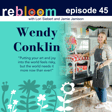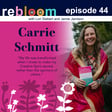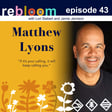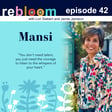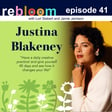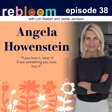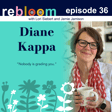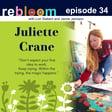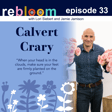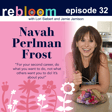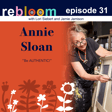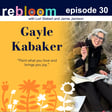
Kaari Meng: From Jewelry Designer to Creative Visionary
Kaari Meng’s design journey began in 1992 when, in search of a simple hat pin, she created a collection of vintage-inspired jewelry using antique glass beads and buttons. She presented her designs at Bergdorf Goodman's open-buy day, and the buyer purchased them all, launching her career. Soon, she was designing for Anthropologie and other retailers, crafting jewelry that blended nostalgia with timeless elegance.
In 1997, after years of designing for shops, museums, and catalogs, Kaari founded French General, a New York City boutique specializing in vintage notions, textiles, and ephemera. When she relocated to Los Angeles in 2003, French General evolved into a creative hub, offering workshops in jewelry-making, stitching, quilting, and more. Today, it’s a destination for craft enthusiasts, with online classes and its signature Stitching From France series.
Alongside her husband, Jon, Kaari has authored six books celebrating craft and design. She also creates quilting fabrics for Moda and home textiles for Fabricut. For the past 16 years, she has hosted immersive retreats in the South of France, inviting guests to experience brocantes, crafting, and the beauty of slow living. This conversation was both wonderful and inspirational!
Thank You to Our Sponsors: Jet Creative and UrbanStems!
· Jet Creative: A women-owned marketing firm committed to community and empowerment. Whether you’re launching a podcast or building a website, Jet Creative can help you get started. Visit JetCreative.com/Podcast to kickstart your journey!
· UrbanStems: Your go-to source for fresh, gorgeous bouquets and thoughtful gifts, delivered coast to coast. Treat yourself—or someone you love—with 20% off! Use code BLOOMBIG20 at checkout.
Links:
Website: https://www.frenchgeneral.com/
Instagram: https://www.instagram.com/frenchgeneral
